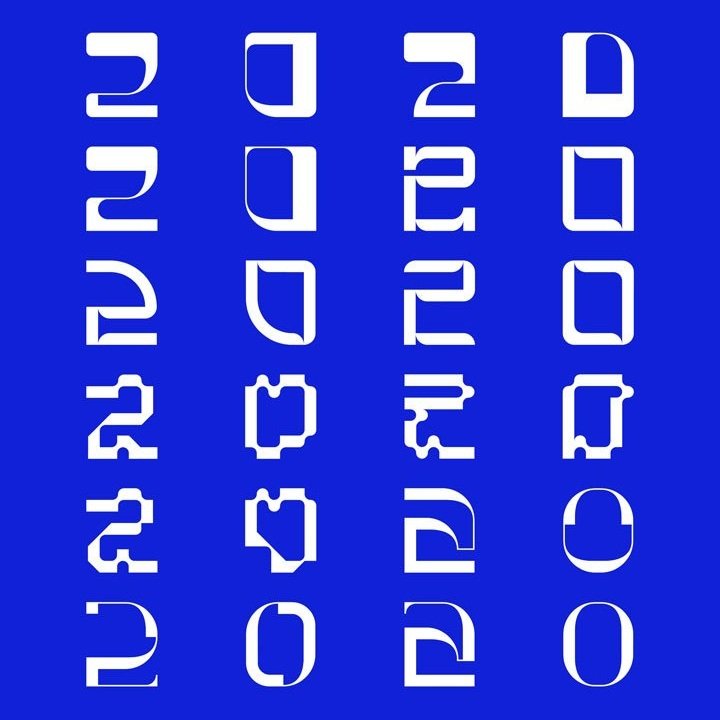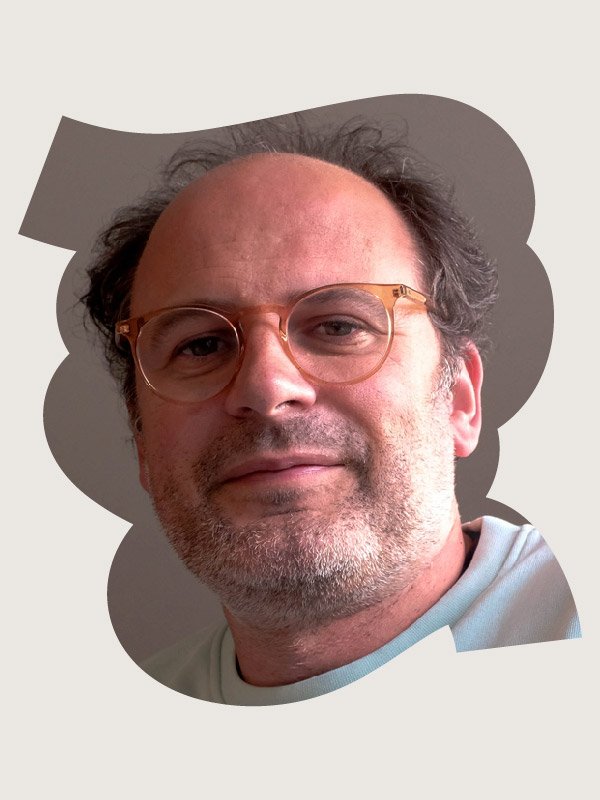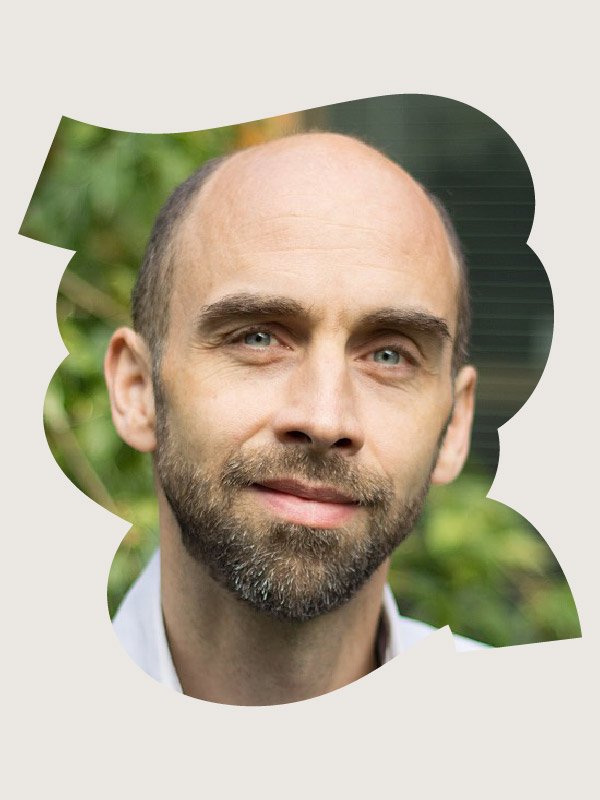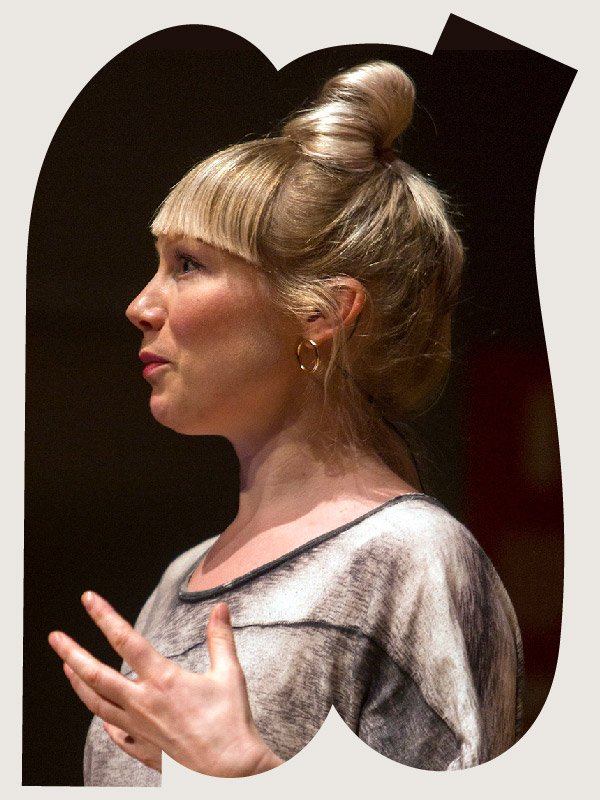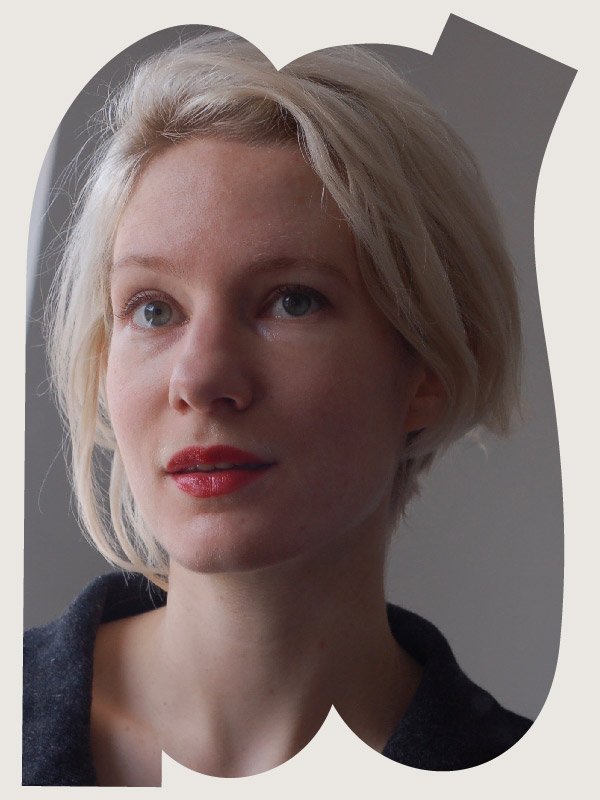Royal College of Art
What was the challenge?
Every year students of the college from a wide range of artistic disciplines showcase their work in the Royal College of Art’s summer show. It is on the annual to-do list for many art and culture enthusiasts as well as being a culmination of students’ hard work and a chance to reflect and celebrate their immense achievements.
When the Covid-19 pandemic resulted in school and business closures all over the globe, cultural institutions and the arts, whose very existence is built on sharing work in physical spaces, were hard hit. The RCA faced an enormous challenge - how could they still provide a valuable experience for students during such strange and stressful times, knowing that a physical summer show was off the table?
The idea of shifting focus to provide a digital show was initially difficult for the students and college to reconcile. As artists and audiences know - it is a fundamentally different experience to see a piece of art in person, to walk around a sculpture, to squint at a painting up close, to understand scale, intricacy, humour, detail, context. Can you ever really do something justice online? Will anyone want to engage with art and design via this medium? Who might be the new audience? How will the pleasure of discovery work in a digital only experience?
The RCA came to Unthinkable to help face this challenge head on in April 2020. They wanted to fulfil their commitment to students and provide a way for them to showcase their work and make progress in spite of a constrained present and an uncertain future, and it needed to be up and running in a few months.
RCA degree show webpageThe kind of mutual respect and trust and collaborative working we had with Unthinkable... It’s the best kind of collaborative working I’ve ever known with any kind of external agency in my career.
Emma Bayne, Chief Technology Officer, Royal College of Art
What was our approach?
2020 - 2023 website designsEmploying our method of deep collaborative working, we began a discovery process with the RCA, and to embed our team to help the college rapidly envision a digital discovery platform that was authentically student led. Our technology and design team forged a relationship with the RCA student design team to bring to life a flexible and open platform that would allow RCA2020 artists to show their work and tell their story to a global audience.
Rather than replicate a physical show or try to emulate that experience virtually, we focused on the ability to broaden audiences, aid cross-disciplinary discovery and enable students to generate an accessible and deeply connected online archive of their work. We wanted to create an experience that could work for a broad range of visitors - global art and design fans, friends and family, potential employers and collaborators, future students and many others. We wanted to create a platform for the students’ work that could be seen and talked about by globally renowned designers, curators, academics and fans of the RCA to help build new connections between people and ideas
With over 391,000 views, RCA2020 also saw over 5,000 visitors from all over the world attend over 250 online events, with 77 invited curators and collaborators also taking part in an intensive period of activity in July 2020. In addition to significant coverage in national, international and creative media, the sentiment on social media for the College grew to +22 as a direct result of RCA2020, with over 5 million impressions.
Collaborating with students closely was the key to the success of creating this first discovery platform for the RCA. The college have a fantastic open approach to engaging the full range of stakeholders, even when time was very tight - it was and is a core principle of the way they innovate and build new things. The work that was done by the team in 2020 has created a robust framework that is enabling us to continue to evolve the platform, listening to students and visitors to understand how we can improve the experience and develop new aspects of the platform.
Listen to our chat with Chief Technology Officer of the RCA, Emma Bayne about what it was like to create RCA2020 with us.
Building on the close collaborative relationship we established with the RCA, we have worked with them on several projects since 2020. We’ve produced several years of iterations of the discovery platform, and advised on the development of the RCA’s vision and strategy for digital and blended learning and teaching, consulting widely with the RCA’s faculty and staff and convening a panel of critical friends from backgrounds in academia, art and technology to review the work we developed together. We’ve continued to support the RCA as it develops new formats for teaching and learning, in terms of both design and delivery implications. And we provided learning design and production services to help the RCA build new capabilities for online learning delivery through the piloting of a short course on FutureLearn in 2021. Most recently we have been working with the RCA to support their thinking on global digital delivery.


